
Georgia's location, nestled between the Black Sea, Russia, and Turkey, renders it strategically important. It is developing as the gateway from the Black Sea to the Caucasus and the larger Caspian region, but also serves as a buffer between Russia and Turkey. Georgia has a long and tumultuous relationship with Russia, but it is reaching out to its other neighbours and looking to the West in search of alternatives and opportunities. It signed a partnership and cooperation agreement with the European Union, participates in the Partnership for Peace, and encourages foreign investment. France, Germany, South Korea, the United Kingdom, and the United States all have embassies in Tbilisi. Georgia in 2004-2008 sought to become a member of NATO, but did not succeed in the face of strong Russian opposition.
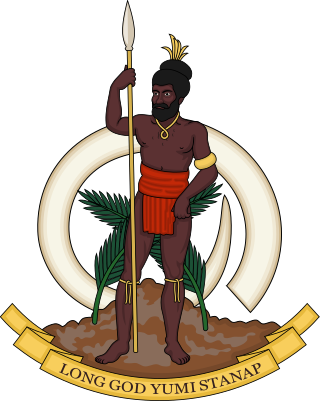
Vanuatu maintains diplomatic relations with many countries, and it has a small network of diplomatic missions. Australia, France, Japan, New Zealand, the People's Republic of China and the United Kingdom maintain embassies, High Commissions, or missions in Port Vila. The British High Commission maintained a continued presence for almost a century, though closed from 2005 until reopening in 2019.

Nauru, following independence from the United Kingdom, became a sovereign, independent republic on 31 January 1968. Nauru has established diplomatic relations with a number of nations, including most of its Pacific neighbors with which it maintains economic, cultural and administrative ties.
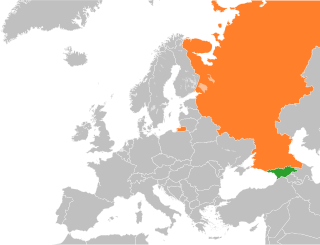
Georgia-Russia relations have been strained for centuries, despite their historical and religious ties. The countries' first formal alliance occurred in 1783, but Russia failed to protect Georgia when Persia invaded in 1795. Catherine the Great later imposed punitive measures against Persia, but they were cut short by her death. In 1800, Paul signed a proclamation on the annexation of Georgia to the Russian Empire, which was finalized the following year by Tsar Alexander I. Georgia regained independence in 1918 only to be occupied by Bolshevik Russia in 1921, forming the Soviet Union in 1922. The bilateral Russo-Georgian ties were strained again in 1991 due to Moscow's support of separatist regions within Georgia and its intentions to join NATO. After the Russo-Georgian War in August 2008, diplomatic relations were broken, and the two countries have maintained no formal diplomatic relations since.
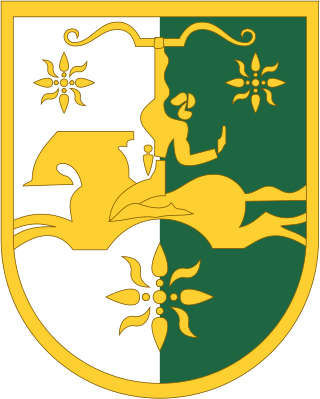
The Republic of Abkhazia is a partially recognized state in the South Caucasus that declared independence from Georgia during the War in Abkhazia (1992–1993). At the time, the Soviet Union had only just recently collapsed. Since 1992, Abkhazia has sought recognition as a sovereign state from the international community. Abkhazia is considered by most of the international community to be part of Georgia.

Georgian-Japanese relations were established on August 3, 1992, just over one year since Georgia became independent from the Soviet Union. Since November 2006, Georgia has maintained an embassy in Tokyo. Japan has an embassy in Tbilisi.

Serbia–Ukraine relations are foreign relations between Serbia and Ukraine. Serbia, as a direct successor to the Federal Republic of Yugoslavia, recognized Ukraine on 15 April 1994. Diplomatic relations between Ukraine and the Federal Republic of Yugoslavia were established on 15 April 1994.

Lasha Zhvania is a Georgian politician, diplomat, businessman, and social activist who currently serves as Head of the Presidential Administration of Georgia for the country's fifth president, Salome Zourabichvili.

Abkhazia and South Ossetia are disputed territories in the Caucasus. Most countries recognise them as part of Georgia, while Russia, Venezuela, Nicaragua, Nauru, and Syria regard them as independent. Russia's initial recognition of the independence of Abkhazia and South Ossetia occurred in the aftermath of the Russo-Georgian War in 2008. The government of Georgia considers the republics to be Russian-occupied territories.

Abkhazia–Russia relations is the bilateral relationship between the Republic of Abkhazia and the Russian Federation. Russia recognised Abkhazia on 26 August 2008, following the August 2008 Russo-Georgian War. Abkhazia and Russia established diplomatic relations on 9 September 2008.
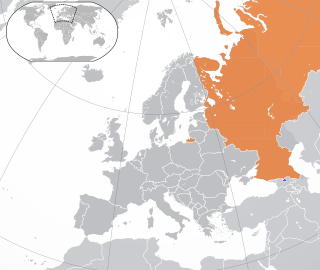
Russia–South Ossetia relations refers to the bilateral relationship between Russia and the Republic of South Ossetia, a disputed region in the South Caucasus, located on the territory of the South Ossetian Autonomous Oblast within the former Georgian Soviet Socialist Republic.

Georgia and India maintain diplomatic relations. The Embassy of India in Yerevan, Armenia is concurrently accredited to Georgia. Georgia maintains an embassy in New Delhi.

Abkhazia–Nicaragua relations refers to bilateral foreign relations between the Republic of Abkhazia and Nicaragua. Nicaragua recognized Abkhazia and South Ossetia on September 5, 2008.

Abkhazia–Venezuela relations refers to bilateral relations between the breakaway Republic of Abkhazia and Venezuela. Venezuela recognised Abkhazia, along with South Ossetia, on 10 September 2009, almost ten years after the country declared independence from Georgia in 1999. Venezuela was the third state to recognise Abkhazia and South Ossetia, after Russia and Nicaragua.
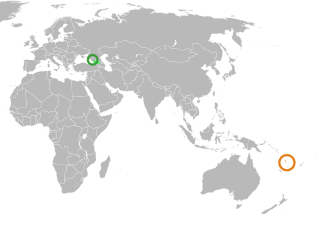
Bilateral relations between Abkhazia and Vanuatu were begun when Vanuatu recognised Abkhazia's independence on 23 May 2011. On that day a joint statement on establishment of diplomatic relations was signed. However, the exact nature of the recognition was a matter of dispute and was not regularized until July 2013. However, over the years and part of domestic powerplay within Vanuatu's government, the recognition has swung back and forth. In 2019 Vanuatu's minister of Foreign Affairs "confirmed Vanuatu’s support of Georgia’s sovereignty and territorial integrity" and effectively withdrew the recognition of Abkhazia.

Russian-occupied territories in Georgia are areas of Georgia that have been occupied by Russia after the Russo-Georgian War in 2008. They consist of the regions of Autonomous Republic of Abkhazia and the former South Ossetian Autonomous Region of Soviet Georgia, whose status is a matter of international dispute.

Abkhazia–Tuvalu relations refers to bilateral relations between the Republic of Abkhazia and Tuvalu. Tuvalu recognized Abkhazia's independence on 18 September 2011. Tuvalu has since withdrawn its recognition on 31 May 2014 and has established diplomatic ties with Georgia.

Georgia–Slovenia relations are the bilateral relations between Georgia and Slovenia, two European nations with a communist past that established their bilateral ties in 1993. Their relations have been highly represented with a close diplomatic partnership, with Slovenia being one of the staunch supporters of Georgia's territorial integrity and pro-Western path.

The Georgia–Saint Vincent and the Grenadines relations refer to the bilateral relations between Georgia and Saint Vincent and the Grenadines.




















